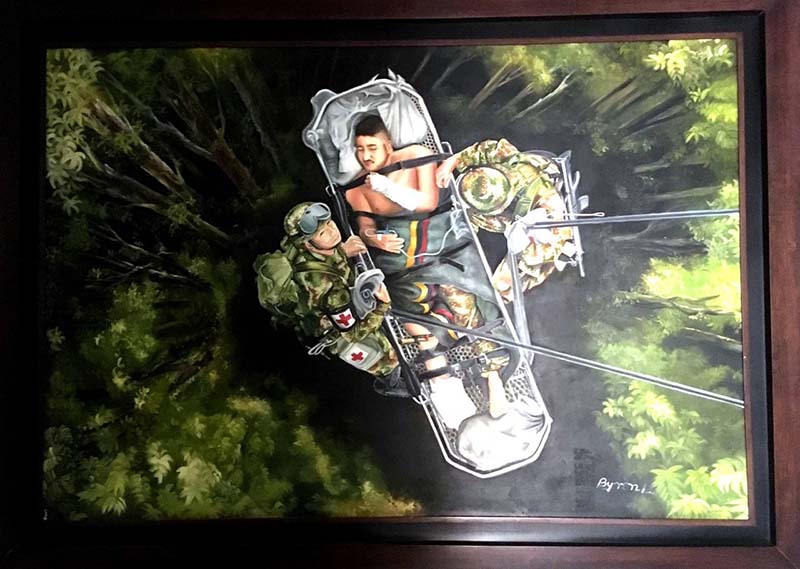
The militarization of life under war, “post-conflict,” and the COVID-19 crisis
Like many others in Colombia, Nairys is a campesina for whom the experience of confinement has been one of dramatic disruption. Marked by restricted mobility, which means very difficult access to water and subsistence crops, being locked down also implies the reduced possibility to buy medicine, food, and other basic supplies. As for many other women, stay-at-home ordinances have also meant more care work, as the responsibilities of feeding and tending for her relatives fall heavily on her. Likewise, confinement involves being permanently under the same roof with her partner, which has exposed Nayris to more possibilities of being mistreated and abused by him, particularly as pressures over mere subsistence increase. (read more...)

